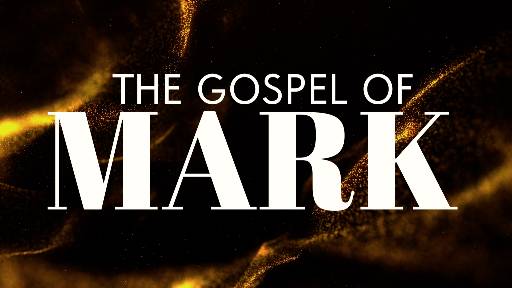-
The Lord Of Second Chances
Contributed by Terry Barnhill on Nov 28, 2017 (message contributor)
Summary: God is in the business of giving people a second chance. Probably no one knew this better than Simon Peter.
THE LORD OF SECOND CHANCES
Luke 9:28-36 Exodus 34:29-35 2 Peter 1:16 Matt. 16:18, 23 2 Peter 1:12-14, 17-18 Matt. 5:47
When Thomas Edison invented the first light bulb, he handed the bulb to his young apprentice who anxiously carried the bulb upstairs. Yes, you might have guessed it; the nervous young boy stumbled and dropped it, and it shattered on the floor. It took another tedious twenty-four hours of non-stop work to make another bulb. When completed, Edison handed the second bulb to the same assistant. This time the boy carried the bulb more carefully. So this brings me to my question for you. If a person lets you down, do you give him – or her – a second chance?
We all make mistakes. We all have faults and make human errors. We have all seen people stumble and fall down. Where would you be if someone had not given you a second chance? What if someone had not believed in you enough to help you up or let you try again? READ LUKE 9:28-36
God is in the business of giving people a second chance. Probably no one knew this better than Simeon Peter. Whether it was stepping outside the boat and starting to sink in the sea, or speaking without thinking, it was Peter front and center. Despite his failures, Jesus gave Peter the biggest compliment and mission anyone could have. “You are Peter, and upon this rock I will build my church and the powers of hell will not overcome it.” Only a few minutes later, however, Peter spoke up again without thinking and this time Jesus said to him, “Get behind me Satan.”
But for all of Peter’s weaknesses and mistakes, Jesus saw potential in him. That potential was good enough encouragement for Peter, that after Jesus’ death, it was Peter who took up the cross and became the Saint who led the new church of believers.
As we read today’s scripture, we see the accounts of two men who stood looking into their futures. The first was Jesus. He was standing on a mountain talking with two men from the past – Moses and Elijah. Even so, Jesus was not seeing the past but the future near at hand. He saw the road to Jerusalem and the fulfillment of God’s plan for our salvation.
The second man seeing his own future was Peter. He was in Rome, and there he saw his own death by crucifixion. But before he died, he wanted to remind all believers of the truth of Jesus Christ. Peter knew that his time on earth was limited as he wrote his second letter.
Some of Peters' last written words were given to us in 2 Peter 1:12-18. He wanted to make sure that people remember the truth of Christ and of the Transfiguration. So Peter says, “I think it is right to refresh your memory as long as I live in the tent of this body, because I know that I will soon put it aside, as our Lord Jesus Christ has made clear to me.” Then in verses 17-18, Peter adds, “(Jesus) received honor and glory from God the Father when the voice came to him from the Majestic Glory, saying, ‘This is my Son, whom I love; with him I am well pleased.’ We ourselves heard this voice … from heaven when we were … on the sacred mountain.”
When preaching on the Transfiguration, most sermons end at saying that His face and clothes changed, but in doing so, they stop short of the deeper meaning of what took place. With a little extra exegesis, we discover more.
For instance, the Greek words translated fashion, countenance, white and glistering are all words that aren’t likely to describe a change in someone’s physical form. Rather, they indicate a change in knowingness … a new awareness or a look of “fully understanding”.
As Jesus spoke with Moses and Elijah, He was looking ahead in time. There He could see the road to Jerusalem and his own death on the cross. But that did not sway Him or break His resolve. He was not weakened by knowing what lay ahead. On the contrary, he was more determined than ever of what he must do to complete God’s plan of salvation to save the world from its sin. That is the meaning and power behind the Transfiguration.
There may be moments in your own life as well; moments when it seems like something falls away, and you see beyond the present circumstances, and it becomes clear that God is calling you – calling you to “Make disciples and transform the world for Christ … together.” So the disciples also changed when Jesus died. They were frightened and scattered – crushed and overwhelmed – devastated by seeing their Messiah crucified on the cross.

 Sermon Central
Sermon Central



